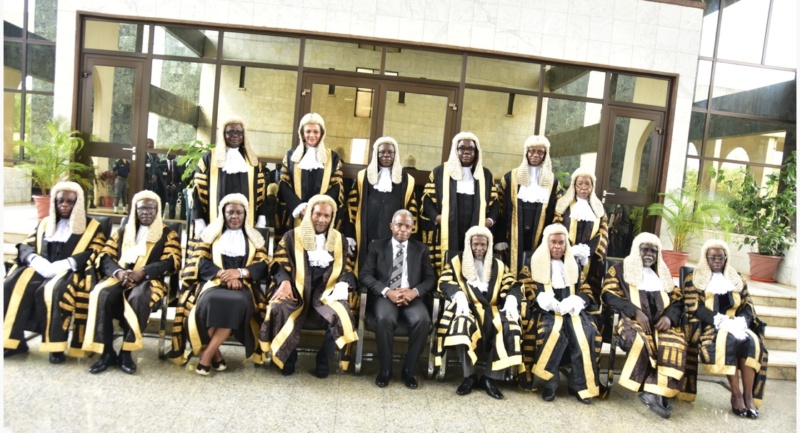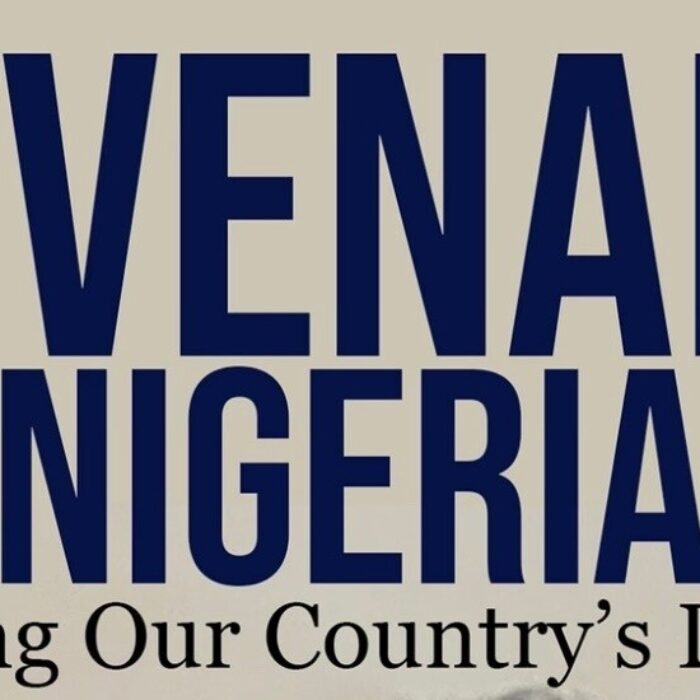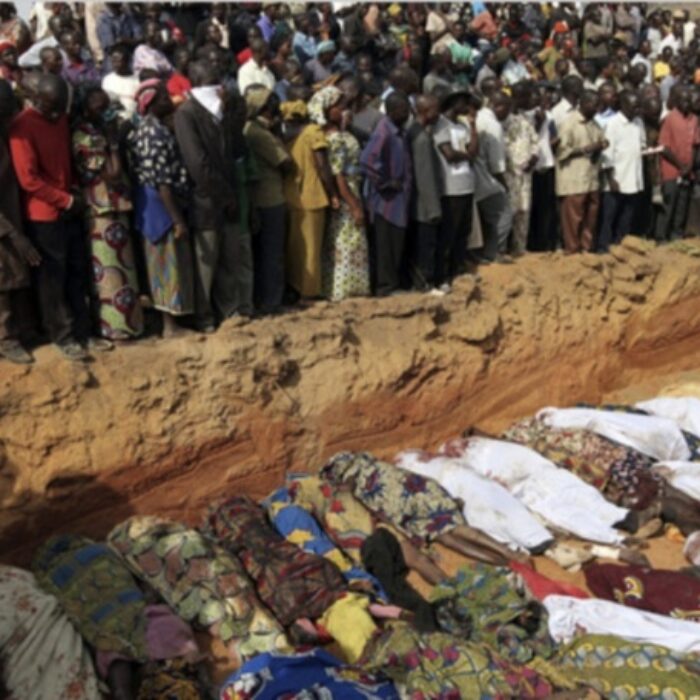By The Editorial Board
The Labour Party and Mr. Peter Obi have lodged a compelling and credible presidential election petition against the Independent National Electoral Commission (INEC), the All Progressives Congress (APC), and Mr. Bola Ahmed Tinubu, which has pushed Nigeria into uncharted territory in terms of the complexity and significance of the case.
The Nigerian Supreme Court, as the ultimate arbiter, will be tasked with deciding the outcome of this historic petition. However, there are several critical threats to judicial independence, fairness, and impartiality that could potentially influence the justices’ deliberations and final decision.
In this editorial board article, we have identified three pressing threats to judicial independence and fairness that are of utmost concern: (1) the perceived influence of politicians who appointed the present Supreme Court justices, (2) the lack of diversity and inclusivity in the composition of the current court, and (3) the potential for corruption of the court’s decisions by extraneous factors such as politics, religion, tribe, and money.
Presently, 62% of the Supreme Court justices were appointed by President Buhari of the APC party, which raises valid questions about the court’s ability to render impartial and fair decisions, independent of their inherent beliefs and biases.
Furthermore, the religious and zonal distribution of the court members, with seven out of thirteen justices hailing from the North, three from the Southwest (including the Chief Justice), two from the South-south, and only one from the Southeast, further raises concerns about the court’s diversity and inclusivity.
Given the known susceptibility of Supreme Court justices to be influenced by money, political affiliations, ethnic and religious ideologies, it is difficult to guarantee the court’s independence and impartiality in this case.
The petition to nullify Tinubu’s certificate of return is at the intersection of politics, religion, and tribe, which adds another layer of complexity to the case and raises serious questions about the neutrality of the Supreme Court. In this critical juncture for the nation, it is imperative that the justices are guided by the principles of the law, the weight of evidence, and the best interest of national unity, rather than being swayed by extraneous factors such as money, politics, religion, or tribe.
In light of these concerns, we urge the Chief Justice of the Supreme Court, Justice Olukayode Ariwoola, to recuse himself from this petition due to his known friendship with Tinubu, as it could compromise the perception of fairness and impartiality in the proceedings.
Furthermore, the composition of the select justices to handle this petition should be carefully balanced, and the proceedings and deliberations should be conducted without any partisan, religious, or tribal biases. It is crucial that the final decision is primarily based on the principles of the law and the facts of the case, rather than technicalities.
The nuclear option of upholding or overruling the election results on technicalities as a default decision would be detrimental to Nigeria’s unity and democracy. The justices must strive to avoid such an outcome in the best interest of the nation. We urge all Nigerians, including the participants of the nationwide “#EndINEC” and “#ENDNigeria” protests, to remain calm and patient until the verdict is rendered.
One of the major concerns in this case is the perception that the Nigerian Supreme Court justices and the INEC are not independent from the political parties that appointed them, and that their decisions may reflect the views of those parties and the President who made the appointments. This concern is particularly alarming considering that eight of the recently appointed justices and the head of INEC were nominated by President Buhari, who like Tinubu, is at the apex of the APC party implicated in the ongoing petition.
While justices, like all individuals, may have their own biases and influences, we expect the Supreme Court justices to prioritize the principles of the law and the facts of the case, rather than their personal politics, religion, tribe, or self-interests.
In the midst of widespread voter anger and disillusionment, coupled with a crisis of confidence in Nigeria’s judicial system, it is increasingly evident that the nation is teetering on the brink of a perilous political crisis, ethnoreligious fragmentation, and social instability, the magnitude of which has never been witnessed before.
The far-reaching implications of the upcoming Supreme Court decision, unlike previous election rulings, are expected to reverberate across the nation and potentially push it towards the edge of the precipice.
Across the country, a collective sense of angst has settled, permeating the streets, universities, churches, mosques, offices, and slums, as millions of disillusioned Obi-Datti voters express disdain for what they perceive as a corrupt electoral process. Allegations of voting irregularities, voter intimidation by political parties and cultural gangsters, equipment manipulation, vote count fraud, and systemic malfeasance by INEC officials have left these citizens deeply disheartened and angered.
As they struggle to come to terms with the disbelief and heartbreak of what they see as a stolen election, these millions of disillusioned and angry citizens now pin their hopes on the Supreme Court to right the wrongs inflicted upon them by the INEC, where their voices were silenced and their votes disenfranchised. They fear that a politicized, ethnicized, partisan and corrupt Supreme Court may further perpetuate injustice by disregarding the Constitution and the weight of evidence, and rule in favor of Tinubu’s contested certificate of return issued to him by his alleged co-conspirator, the INEC.
The implications of the Supreme Court’s ruling cannot be overstated. Any misjudgment could trigger widespread protests and social disorder, jeopardizing whatever remains of national unity.
Never before in Nigeria’s history of presidential elections have millions of citizens, especially the restless youth and the impoverished, been so disheartened and incensed by the INEC and the outcome of an election that they are prepared to fight and even die to reclaim what they believe is a stolen mandate.
On the other hand, there are millions of Nigerians who voted for Tinubu-Shettima’s controversial Muslim-Muslim ticket, whose jubilations may be short-lived if Tinubu’s certificate of return is nullified by the court. Tinubu may never have faced a legal challenge as precarious as this, amidst the numerous allegations against him.
The tension is palpable not just among Nigerians, but also within the Supreme Court itself, which will ultimately decide the fate of the election petition. The potential backlash from the ruling is likely to unsettle the justices.
The apparent rumbling within the military, caused by the irregularities in the election and the perceived illegitimacy of the president-elect, is a national security threat that could lead to mutiny, and even a military intervention. It is crucial that truth and justice prevail, and that no one is above the law, not even Mr. Tinubu and his ruling party.
We must add that the recent attempt by Tinubu’s key propagandists (notorious among them are: Lai Mohammed, Bayo Onanuga, Wole Soyinka and Festus Keyamo) to bully and blackmail Obi-Datti and quash their legal challenge is inflammatory and undermines the integrity of the judicial process. Tinubu should caution his henchmen to tone down their divisive and toxic rhetoric.
Against this fraught backdrop, the Supreme Court will preside over a high-stakes case that has the power to either make or break the nation. The stakes have never been higher, and the risks are immense.




